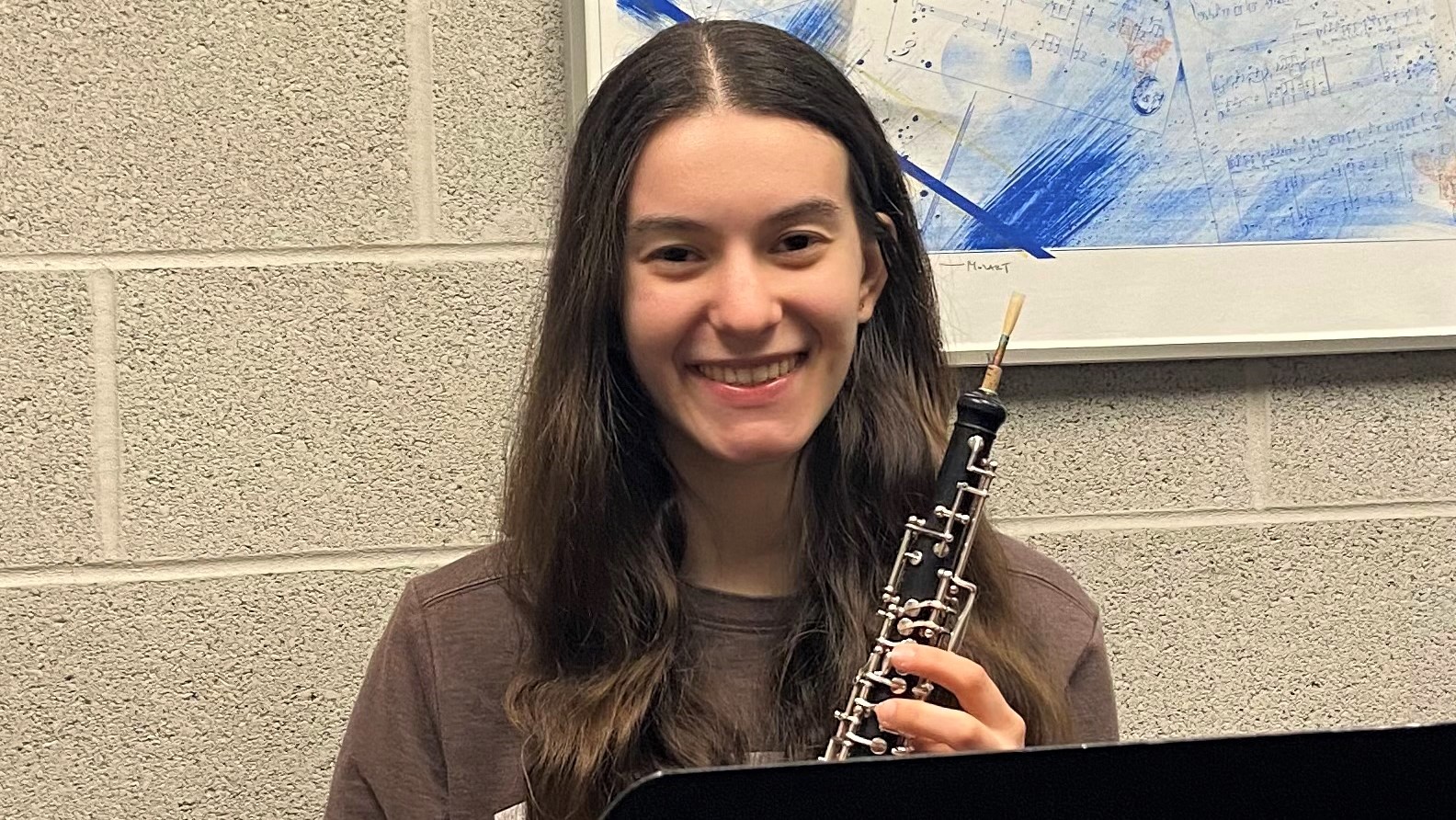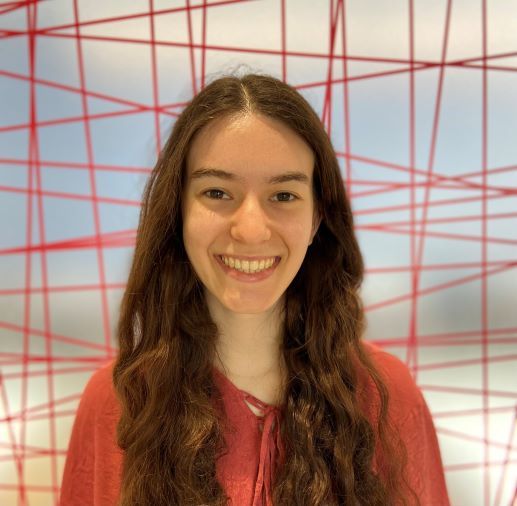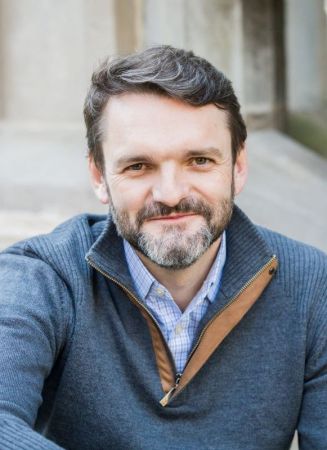
She already knew that Lehigh had a great reputation as an engineering school.
So when Eva Wolfe toured campus as a prospective student in the Class of 2023, she focused on another equally important question: Will I be happy here?
Wolfe is now a senior in the chemical and biomolecular engineering (ChBE) program, so the answer was obviously yes. But back then when she wasn’t sure, she asked the students what they did outside of class.
“They talked about all the extracurriculars they were involved in and how they spent time with their friends outside of class, and it just felt like students here had a better work-life balance than students I’d talked to at other schools,” says Wolfe. “I felt like I wasn’t going to be drowning in work.”
That balance was especially important for Wolfe, who received a music scholarship and is completing a minor in the field. As an oboe player, she’s been a member of the university’s wind ensemble and orchestra for the past four years.
“I knew I wanted to continue playing music throughout college, and other schools didn’t offer as many musical opportunities to non-music majors,” she says. “I have rehearsals on Tuesday and Wednesday nights, and they’re such a nice break from homework and labs and classes. I get to spend time with other students, who are also mostly engineers and STEM students, and just make music and relax.”
Wolfe has also made research a priority during her time at Lehigh, and her experiences in the lab have had a profound effect on her trajectory.
Her first experience came as a rising sophomore in the summer of 2020, when the pandemic was in full swing. She worked remotely on a biocomputational project where she modeled proteins linked to the neurological disease ALS (also known as Lou Gehrig’s disease). The learning curve was steep, she says, but she learned how to read scientific papers and more about coding. While the research topic didn’t particularly resonate with her, the research process did.
“Before that, I had no experience with or exposure to research,” she says. “But when I was younger, it had been a dream of mine to become an inventor or discover something new, and I’d always wondered, How do I actually do that? When I saw people in the lab working on things that have never been studied before, I was like, Wow. This is how you do that.”
The following summer, she worked with her advisor, ChBE Professor and Department Chair Steve McIntosh, as his lab researched methods of synthesizing photocatalysts in more sustainable ways. Photocatalysts can absorb light and direct that energy to facilitate a chemical reaction. For example, they can be used to create hydrogen fuel from water as a form of renewable energy. Wolfe continued working on the project throughout her sophomore year and co-authored a paper published last year.
“Writing a paper was a really good experience,” she says. “I didn’t realize that so much of science is essentially developing an argument and defending it with your data. I learned how to critically analyze what we’d done, what questions people might have about our work, and what we could do to make it better.”
McIntosh helped Wolfe apply for a Research Experiences for Undergraduates, or REU, opportunity, a program funded by the National Science Foundation. Wolfe spent the summer before her senior year at the University of Wisconsin–Madison doing research similar to what she’d done in McIntosh’s lab, studying the catalytic production of renewable chemical precursors.
These experiences ultimately led to Wolfe developing a senior thesis project in which she’s researching methods to increase the hydrogen production rate and stability of photocatalysts used for producing hydrogen gas from water. Working in renewable energy has become her passion.
“I’ve always cared about the environment,” she says. “I love going on hikes with my family and exploring national parks. And the issues regarding the environment are some of the biggest that society is facing right now. That’s my main motivation for pursuing this area of research.”
Wolfe will soon have the chance to take her work to the next level—she’s been accepted into six different PhD programs and is weighing her options. Her interest in graduate school sparked after that first research experience working remotely on computer models, and it only grew following numerous constructive talks with McIntosh.
“He has spent a lot of time talking to me about grad school,” she says. “He helped me with my REU and grad school applications and encouraged me to apply to places that I might not have considered. At times, it felt like he had more confidence in me than I did, and sometimes you need somebody in your corner like that.”
While she is open to other research paths, Wolfe remains interested in continuing work in the field of catalysis, and perhaps electrochemistry. She’s also hoping to further her musical training. And as for her ultimate career target, she can see herself as a professor, leading a lab and mentoring the next generation of students.
Whatever she decides, Wolfe’s decision to attend Lehigh has most certainly been a happy one.
“The experiences I’ve had here have been invaluable, especially for someone interested in going to graduate school,” she says. “I would tell any student interested in research to go for it. You don’t have anything to lose, and the faculty here want you to succeed.”
—Story by Christine Fennessy


